Berber Theunissen (b. 1989) graduated cum laude from Fotoacademie, Amsterdam, in 2013. Working exclusively in medium format, Berber’s work revolves around issues of femininity and early motherhood. Whether that has been documenting the incredibly strong bonds between her and her partner as they look to navigate the intense heartbreak of a miscarriage, or capturing beautifully intimate investigations into the imperfections of the human form, Berbers work offers an incredibly honest account of what it means to be a young mother. Berber is represented by Open Doors Gallery in London.


Atomic Punk
Last summer we went from the extreme lows to the extreme highs, from miscarriage to marriage. … How life works, an ever-twisting rollercoaster of happenings and emotions.
Within a few weeks, there was an unexpected pregnancy, a miscarriage, a marriage, and a honeymoon. Like if our life was shaken around in a cocktail shaker. At the moments when we hit rock bottom, I did not feel the need to capture everything. I was occupied with life and survival. The road trip across America was a time to contemplate the bizarre feelings and contradictions of the previous period.
We went offline, we disappeared. Alone. Completely together. While on the road, strange sofas and walls suddenly became home, leaving entrenched ideas and emotions, making room for fresh insights. We became closer and closer. We went beyond next level.
We can handle this together. We can handle everything.
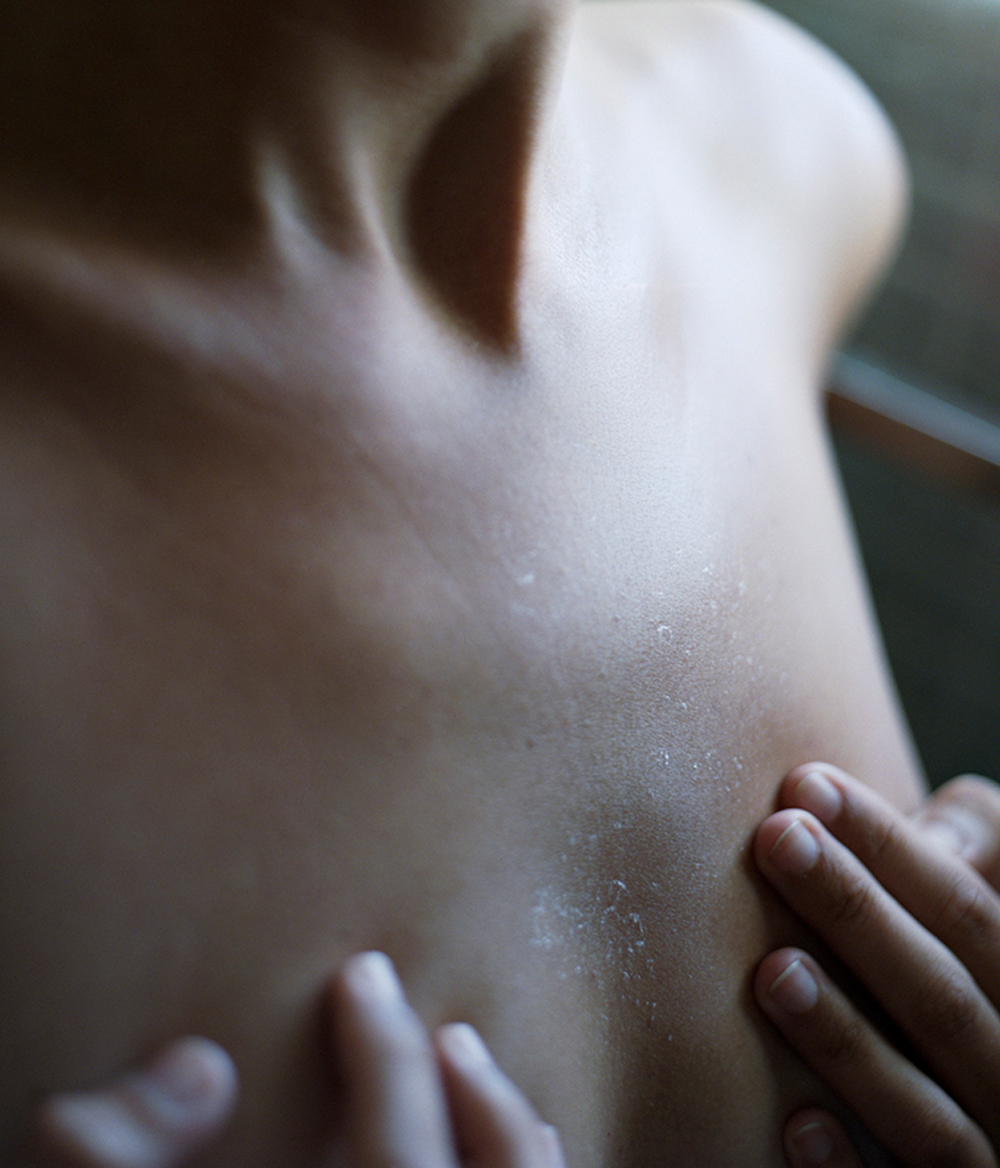
Emerald Arguelles: What was the emotional process while documenting the hardships of womanhood/motherhood? What emotions did you experience while documenting your disconnect from the world for your healing?
Berber Theunissen: One year ago, we had a miscarriage, a missed abortion after an unexpected pregnancy. We really felt devastated. First, the pregnancy was like ooh shit, what’s happening. This wasn’t the plan, but we’re getting married in a few months, so hey, let’s do this. Then there were the ultrasounds with eleven weeks when there was no heartbeat. My body thought I was still pregnant, so I still had the symptoms. This was the first time I was pregnant, so how should I know how I must feel. I could have wait for the miscarriage to come, but I had no confidence. I’ve been walking around for a couple of weeks like this, so it should have come out earlier, I thought. I went to the hospital the next day to get some pills to set up the miscarriage. It was a horrible experience, taking pills and just waiting until something dead is coming out of you—a painfully bloody mess. I was really upset and disappointed by my own body that it didn’t shred the baby-to-be itself. We’ve felt one big hole of emptiness and sadness, something I can’t really explain. No one talks about it, but that doesn’t take the pain away. I noticed that people quickly started to downplay it. Like, well, at least you can get pregnant, you’re young, you have plenty of time, it wasn’t anything yet, shit happens. But this shit is real. The hormonal rollercoaster, the changing body. And then the void, the loneliness, the bloody mess, the dreams and fantasies that suddenly disappeared. The positive thing on this whole experience was that Boy and I became closer and closer; we really went next level. ‘Atomic Punk’ was taken during our honeymoon, right after the wedding. It felt a bit if we finally had the time to contemplate everything, realizing that we can handle everything together.
It took me seven months to get pregnant again. I know that isn’t long; I know that there are a lot of women out there who are trying and fighting for years (only love for you). Yet these seven months felt like the longest ever. When we finally got pregnant again, we experienced so much stress and anxiety because of the miscarriage. It was so hard to enjoy this little wonder inside me the first couple of months. From the moment I felt Buddy kicking and dancing daily, I finally regained the confidence in my body. After a beautiful home birth (don’t let the horror stories scare you), we were finally able to hold baby Buddy in our arms. The sleepless nights, breastfeeding, feeling this huge responsibility are more than exhausting, but we both have never felt more zen in our entire lives. Buddy brought our inner peace with him, like if we are finally home.

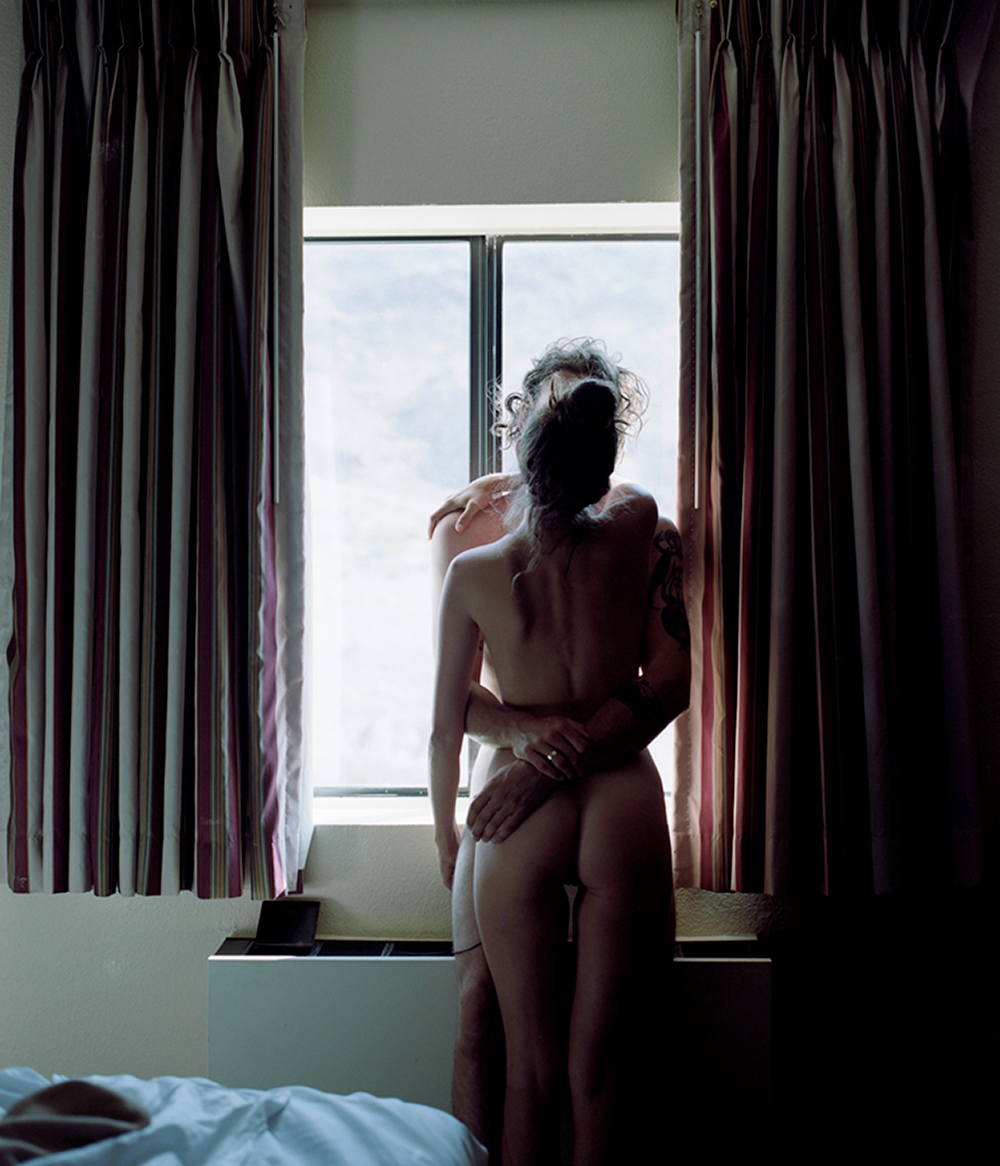
EA: What are the ways or methods that you or other women can use to heal from loss?
BT: Don’t downplay it, talk about it, share your emotions. You must grieve, you must bite the bullet. The sooner you will find peace.
EA: Why do you believe Atomic Punk is important?
BT: Somehow there is still a taboo on the subject. I think a lot of people really underestimate the power of a miscarriage. Don’t let a large number of miscarriages (1/4 women will experience one) confuse you into thinking it hurts any less. Physically I recovered quickly but mentally was a whole different story. We really felt devastated; life fucked us, like if our life was shaken around in a cocktail shaker… I must say I could never have imagined the impact of a miscarriage until I’d experienced it myself. Of course, it’s different for everybody; some women need more time than others to heal. But everyone will experience some form of grief, and it is important that you feel that you are supported and that you’re not alone.

EA: What is your favorite image, and why?
BT: I think it’s one of the clouds. Maybe because it was taken on the most beautiful campsite we have ever been, or maybe because it really symbolized our mood.

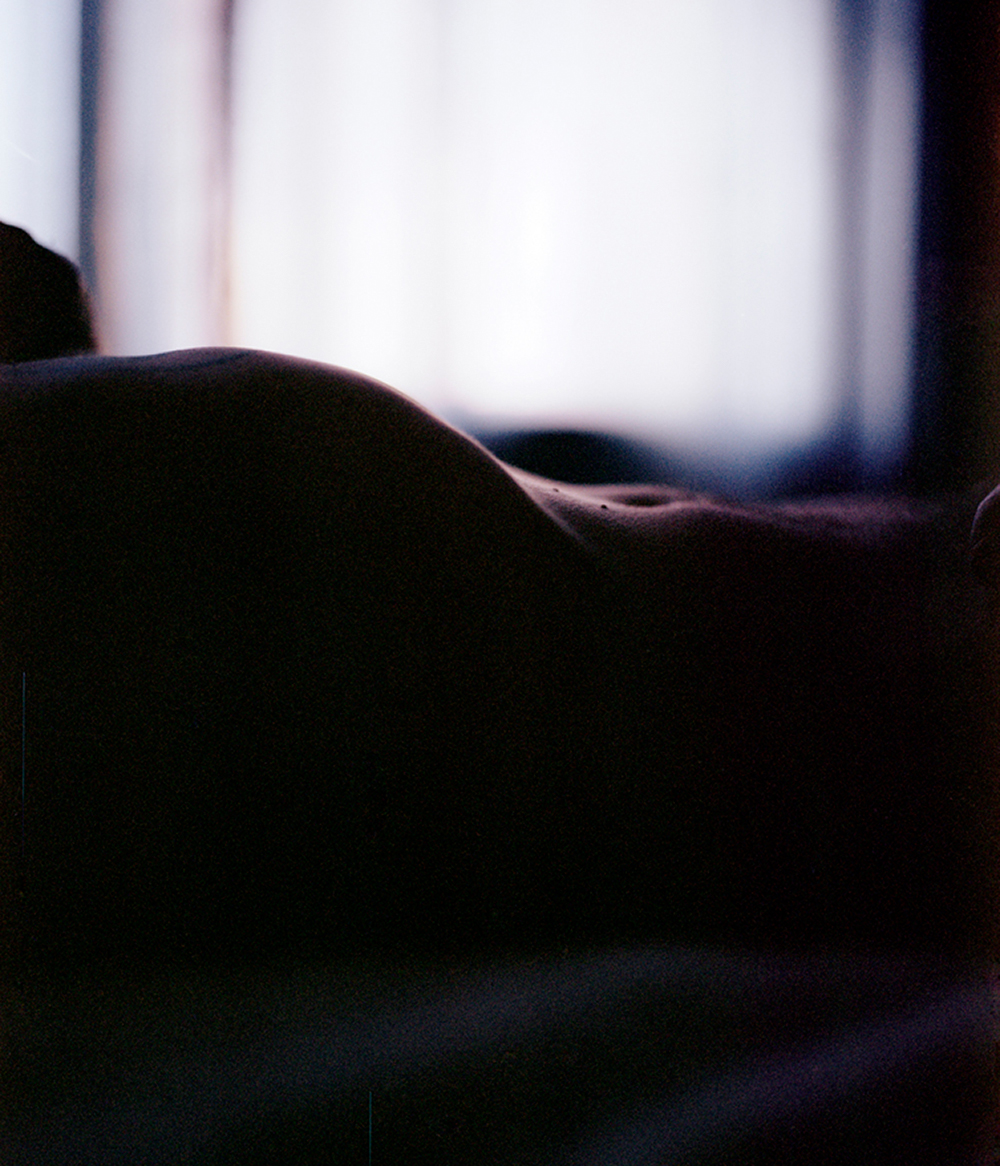
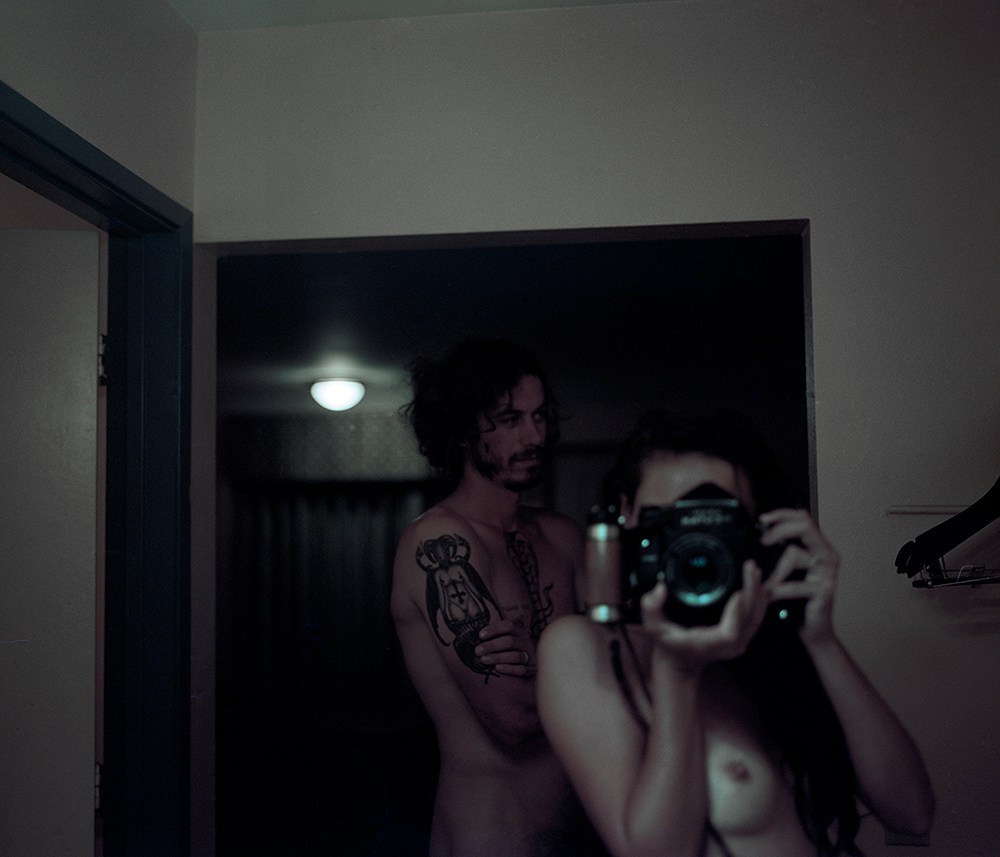
EA: While traveling and documenting your healing process, what did you learn?
BT: Atomic Punk was photographed during our honeymoon. We bought a ’77 van and drove 7000km with it across The States. The miscarriage was only a few months. So it was such a weird mix of happy feelings – sad feelings. My hormones were a mess, so I wasn’t really the nicest newlywed, I guess, ha. But it was good to be in another environment, only us, our future, our adventure. It made it more clear how we envisioned our future and how we wanted to spend the rest of our lives.
EA: What do you want the reader/viewer to take away from Atomic Punk?
BT: That you’re not alone if you’d experienced a miscarriage. And that it is important to grieve and to talk about uncomfortable taboo topics, even if you haven’t experienced yourself.
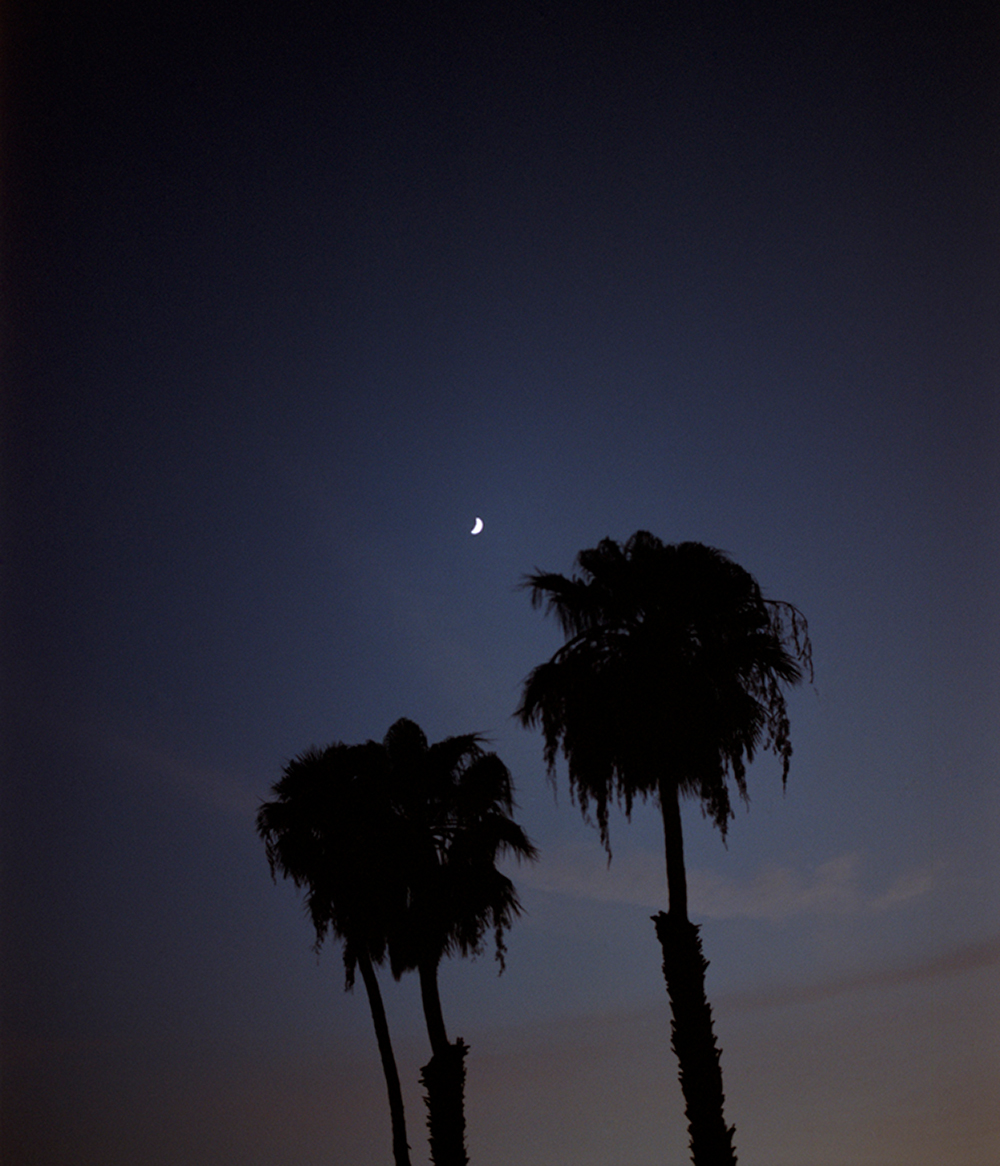
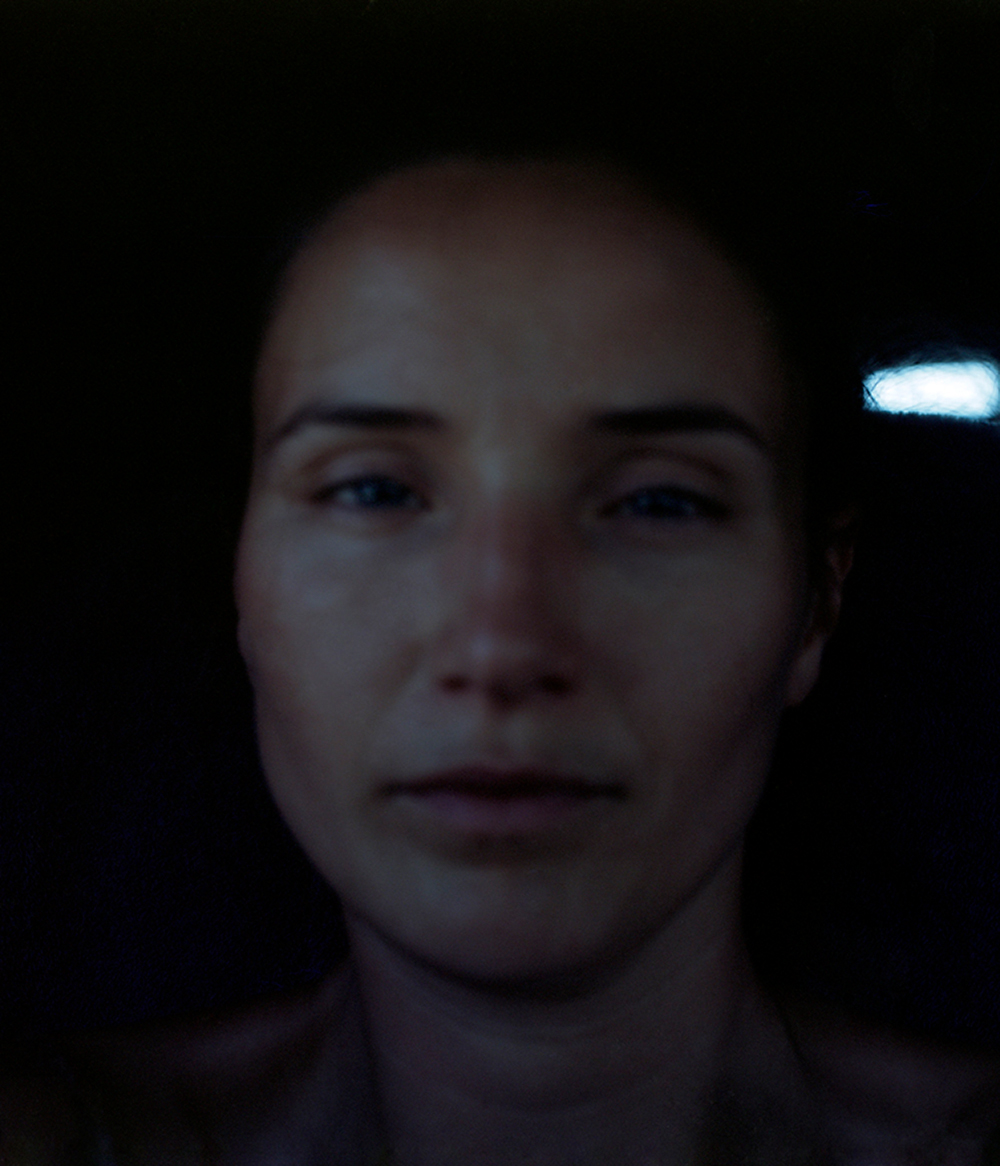
To view more of Berber Theunissen’s work please visit their website.